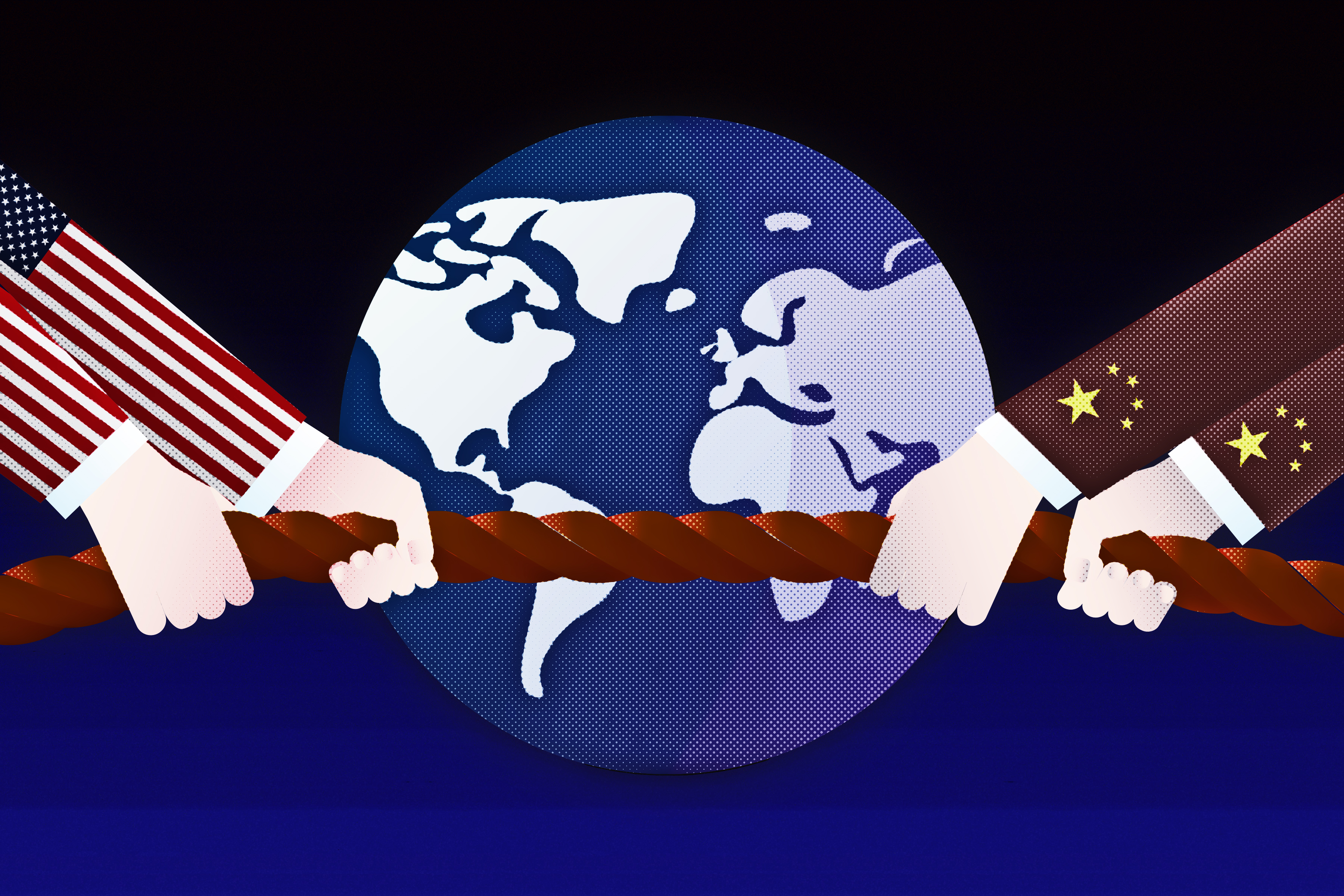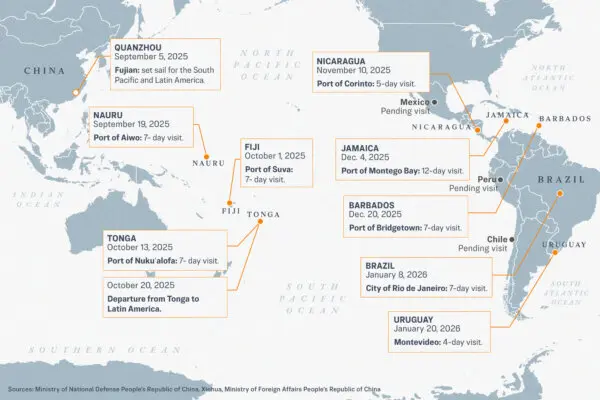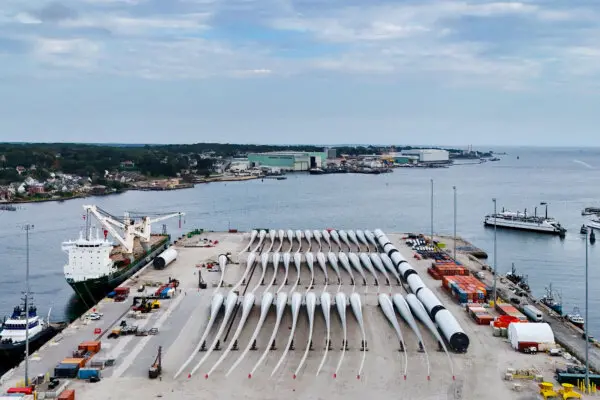When communist leader Xi Jinping met with President Joe Biden in November 2022, China considered itself the world’s role model in controlling the COVID-19 pandemic. It watched America struggle over inflation risks. President Biden’s party had just lost the House majority, albeit with a much smaller margin than expected.
A year later, the tables may have turned. Inflation has somewhat cooled in the United States, and China’s economy has faltered after Mr. Xi ended his zero-COVID policy in December 2022. President Biden’s party scored sweeping victories in the off-year state elections. On top of that, Washington tightened its export controls on semiconductors in October and announced restrictions on U.S. investment in China in high tech in August.










